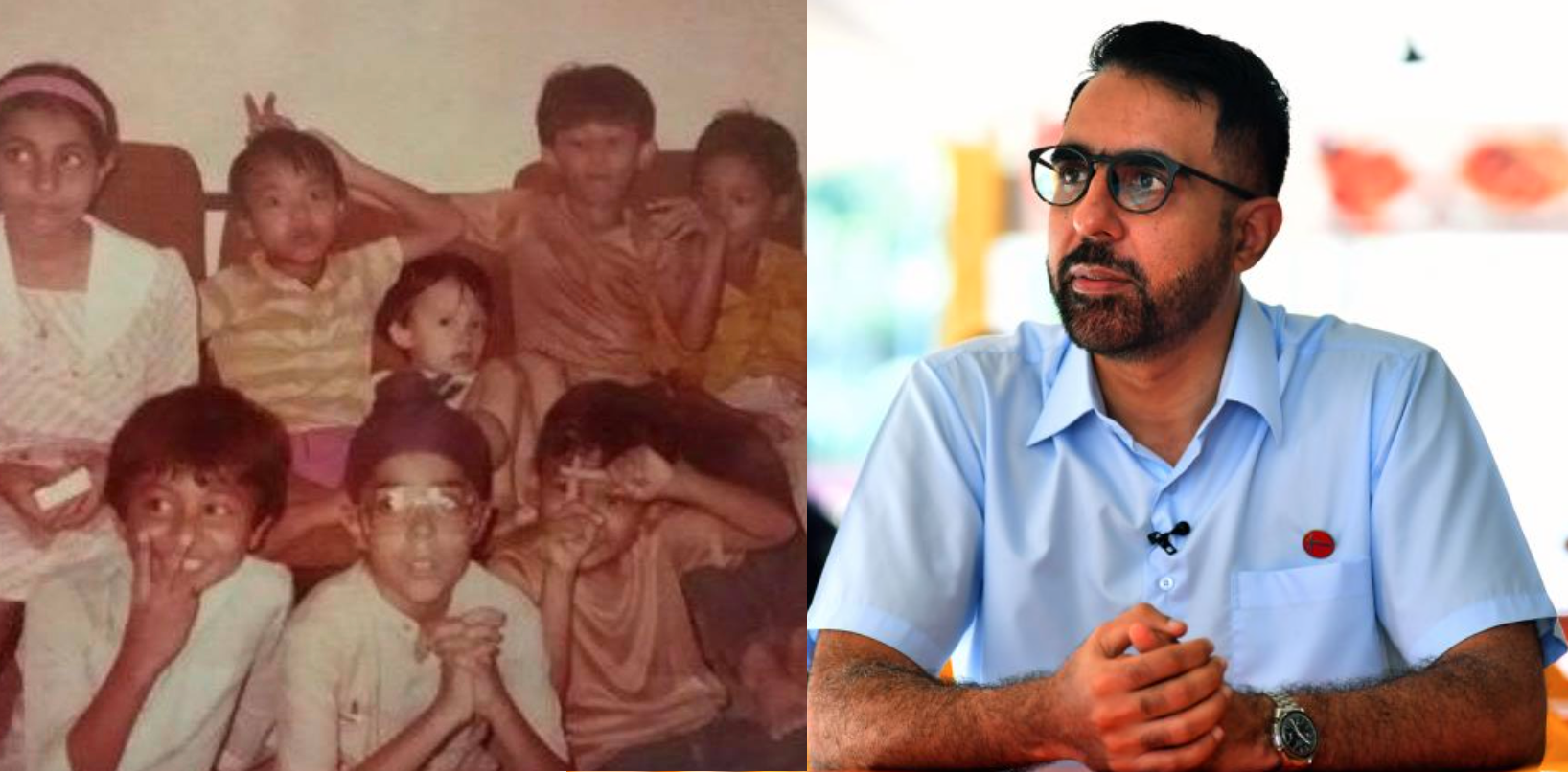At a time when everyone must keep their guard up against the COVID-19 pandemic, some complacency may be setting in among the people, said Minister Masagos Zulkifli on Facebook yesterday (21 July).
Mr Masagos was referring to the “extremely crowded” beaches at East Coast Park and Sentosa over the past weekend.
According to him, Safe Distancing Ambassadors (SDA) and Enforcement Officers (EO) have encountered many groups at the beaches that made up of more than 10 people who were from extended families, or were friends congregating.
“A good number didn’t wear masks even when reminded saying they were eating or drinking,” Mr Masagos pointed out, adding that extended exposure in crowded places without wearing masks increases the risk of contracting the deadly virus.
The Minister also shared a few photos showing the crowded situation at the beaches, stating that the SDAs and EOs have faced “aggression and non-compliance” when they were advising large groups to disperse.
“If you want to gather with friends and family, do so in groups of not more than 5 individuals,” he added.
According to Mr Masagos, the National Parks Board (NParks) – since early July – has segmented the more popular beachfronts at East Coast Park and temporarily closed selected sections when the beaches are overcrowded as part of the crowd control.
Noting that enforcement will be stepping up, he also referred to the recent cases where 28 people will be charged in court for social gathering during the circuit breaker period, saying that their actions are “not acceptable” and “a clear violation of the safe distancing measures”.
“We take such breaches seriously because they can potentially lead to the formation of large clusters,” Mr Masagos asserted.
The Minister went on to remind the public to continue to be socially responsible, which includes wearing a mask at all times unless they are eating or drinking, or engaging in sports, keeping a group size of no more than five people with a safe distance of at least 1 metre from other groups, as well as not intermixing between groups at parks, beaches, and other public spaces.
Mr Masagos also asked members of the public to scan the SafeEntry QR codes set up at designated entry points at parks and along beachfronts before entering these spaces.
“If you intend to go to the beach, do check the visitorship levels using NParks’ safe distancing portal to avoid crowds,” he added.
Mr Masagos also urged everyone to be mindful and continue being vigilant given that Singapore is still in the midst of a long battle with the COVID-19 pandemic.
“I seek everyone’s cooperation in continuing to observe these safe distancing measures during Phase 2.
“Our Safe Distancing Ambassadors and Enforcement Officers will continue to walk the ground to advise members of the public to adhere to these measures, and will not hesitate to issue fines on violations,” he wrote.
Penning their thoughts under the comments section of Mr Masagos’ Facebook post, some netizens opined that there are too many “double standards” and “inconsisntencies” in Phase Two of the country’s reopening.
“When you have too many double standards, it is inevitable that everyone will stretch the rubber band in their own way where they deem appropriate,” one netizen commented.


Meanwhile, a few others agreed with Mr Masagos that a handful of people are starting to be complacent and taking the rules for granted given that many them are found flouting the rules in their own neighbourhood such as not wearing a mask and gathering more than five people.



Several netizens also called out the authorities to enforce stricter rules and deploy more SDA and EO to help with enforcement works.



Besides that, a couple of netizens suggested the authority to close the beaches and recreational centres to avoid more and more people flouting the rules.






